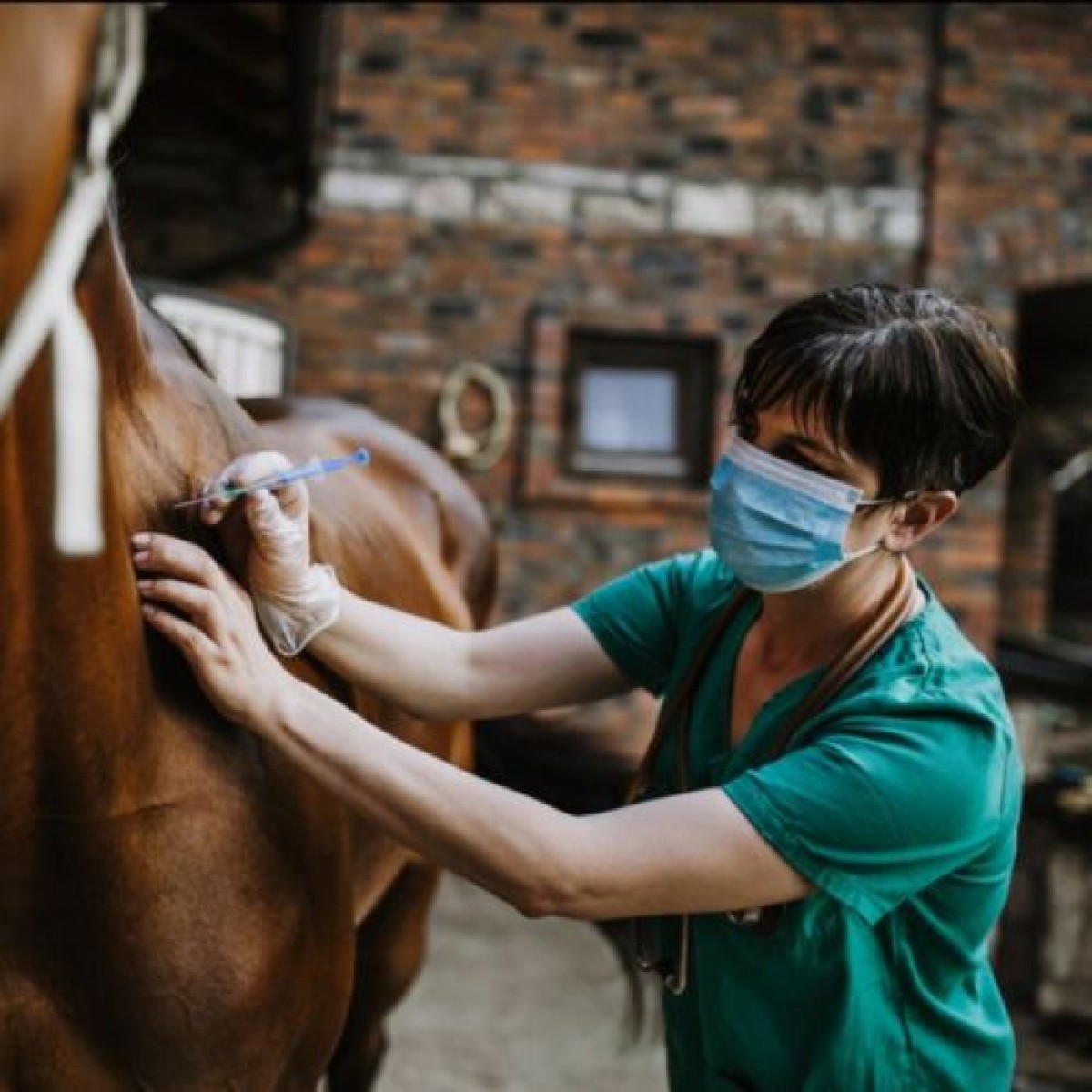A quarter of horse owners did not mention to their veterinarian that they were applying alternative therapies
Many horse owners try complementary and alternative therapies, such as herbs, massages, and nutraceuticals, but they don't always tell their vets about it. Unfortunately, this lack of information sharing could be counterproductive to the health of your horses, according to the results of a study by Belgian researchers.
"Some Complementary and Alternative Veterinary Medicine (CAVM) treatments have not undergone sufficient scientific evidence and may cause unwanted side effects, make conventional medicine less effective, or mask signs that would lead to a proper diagnosis," says Annelies. Decloedt, DVM, Ph.D., from the Department of Large Animal Internal Medicine at the Faculty of Veterinary Medicine at the University of Ghent in Belgium. Based on their recent survey of 1,532 horse owners, Decloedt and her team found that a quarter of respondents who used CAVM in addition to traditional therapies never mentioned those therapies to their veterinarians.
The use of these therapies is not due to a lack of confidence in conventional veterinary medicine.
"Veterinarians should be aware that many (or even most) horse owners are using some form of CAVM," Decloedt said, adding that this "does not reflect any mistrust of conventional veterinary medicine." However, Decloedt encourages owners to discuss these therapies with their veterinarians, especially when considering combining them with conventional therapies. "It is important for the vet to know the current or previous CAVM treatment information when she decides on the diagnosis or treatment of the horse," she said.
The researchers found that almost 73% of owners had already used CAVM on their horses in the past, 65% had used manual therapies, almost 55% herbs, half had used homeopathy, and a third had used physical therapy (such as treadmills). with water) and/or acupuncture.
Disappointment in standard veterinary care was not a determining factor for CAVM use, Decloedt explained, noting that only 14% of respondents said they felt traditional therapies were insufficient. "This is important to veterinarians, as they might believe that owners who use CAVM have less faith in conventional medicine," she said. "Our study showed that this was not the case for the majority of CAVM users."
Veterinarians were the main source of information.
To learn more about CAVM, respondents turned to various sources: Veterinarians (86%), Websites (67%), Other Horse People (57%), Friends / Family (56%), Equestrian Magazines ( 34%), and social networks/media (29%). "Veterinarians need to know that horse owners expect veterinarians to be able to provide information on CAVM," Decloedt noted.
Of those surveyed, 88% said they would inform their vet if they decided to combine CAVM with traditional therapy, but only 75% had done so in the past. This raises significant health and wellness concerns, Decloedt said. "Nondisclosure of CAVM treatment to the veterinarian could harm animal welfare in different ways," she said. “First, the combination of CAVM treatment and conventional treatment can have negative consequences. This is well known in treating human cancer, where the use of herbs simultaneously with chemotherapy is potentially dangerous or could reduce the effectiveness of cancer treatment. Second, owners can use CAVM before going to a veterinarian, "he continued." If CAVM is used without the supervision of veterinary trained personnel, diagnoses may be lost, and the animal's condition may deteriorate while adequate conventional therapy is not initiated. "
Complementary Therapies Popular, but Sometimes Lack Veterinary Collaboration. The Horse.













List
Add
Please enter a comment